Are you heading into a Fall Writing Challenge? Visit The Write Focus podcast to listen to the Enter the Writing Business series and inspire your writing.
Want a Writing Life?
Enter the Writing Business offers, in eight episodes, everything you need to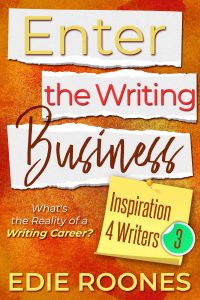 transition your mindset from a wannabe writer to a pro-writer mindset.
transition your mindset from a wannabe writer to a pro-writer mindset.
Check out the opening blog post at https://thewritefocus.blogspot.com/2022/10/343-dream-it-enter-writing-business.html
There, we have direct links for the podcast to YouTube and Podbean as well as links to Apple and Spotify.
The Write Focus is also on Samsung Podcasts, Google Play, iHeart Radio, Tune-In, and many many more. Look for our green logo.
Workbook!
A workbook for Enter the Writing Business, book and podcast, is now available.
Visit Emily Dunn / M.A. Lee (buymeacoffee.com) to get yours now!
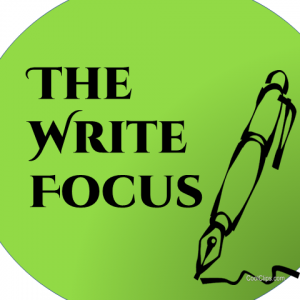
Here’s the book description for Enter the Writing Business.
How do I succeed at writing? Most answers to that question focus on creativity ~ story development, character explorations, poetic contemplations, blogging topics, and more.
Business needs to be added to that list.
Refine the question ~ How do I succeed at the writing business?
Even our refined question can be divided into several.
- A] What are the best systems for writers?
- B] What are the best daily procedures?
- C] The best ways to balance creativity and practicality?
These are the first decisions to build a writing business.
Think of writing as running a small business. Writers create content ~ stories, poems, blogs, any of our writing. That content is our product to sell.
As creators of quality products, when we want a writing life, we need a Writing Biz.
Imagine a writing career. What is the reality? No, not the fantasy. What will the actual day-to-day writing life be?
Daily writing requires that we find ways to cope with the soul-suckers who interfere with your creative energies.
Enter the Writing Business offers the reality of the writing life.
This guidebook is a series on the daily creative process and the daily devotion to writing. Transitioning to business decisions, wee look at the necessary writing space then the essential hard and soft skills. To succeed, though, we need a business plan designed for writers. That biz plan will direct our daily actions, weekly plans, and monthly reviews and previews :: the Do’s that few consider until swamped by the constant Do-ing of them.
This guidebook is more than a tossed life preserver. With the practicalities discussed here, you can avoid the swim across the channel and build a bridge to cross from newbie to pro writer.
As part of the five-year publication anniversary of her first book, Edie Roones filled last August with a blog series about these basic business decisions. The last two posts in the series chatter about the Hell and Heaven of Writing to answer every writer’s constant unspoken question: Is it worth it?
Interested in reading rather than listening? Here’s a link to purchase the ebook. On Amazon https://www.amazon.com/dp/B0848CK3C2
A paperback version of Enter the Writing Business is located in the 8 x 10 big bundle Inspiration for Writers. The other books in Inspiration 4 Writers are Just Start Writing and Write a Book in a Month.
Achieve the Writing Life as the Author Did
Most new writers drop out before the five-year mark. Edie Roones (a pseudonym of a professional writer who has published over 50 titles) began her commitment to writing in 2012. “I’ve made mistakes,” she says, “but I’m seeing better results every day.” Avoid those mistakes in actions and expectations, and achieve success applying the lessons in Enter the Writing Business.
Roones’ fantasy series of Seasons in Sansward has three novels Summer Sieges, Autumn Spells, and Winter Sorcery. Her most recent endeavor is the Wild Sherwood series, with the two collections Into Wild Sherwood and Outlaws of Wild Sherwood, ten stories than fuse the Robin Hood legends with the Faeries of British myth.
Write to Edie at winkbooks@aol.com

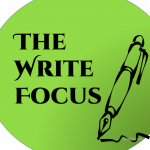 writer’s back.
writer’s back.

 productivity and tools, writing crimes to avoid, the how-can’s and why-should’s of writing guidance, and much more.
productivity and tools, writing crimes to avoid, the how-can’s and why-should’s of writing guidance, and much more.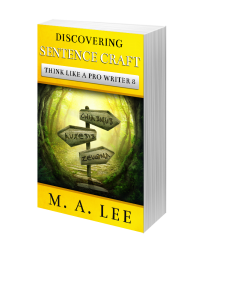
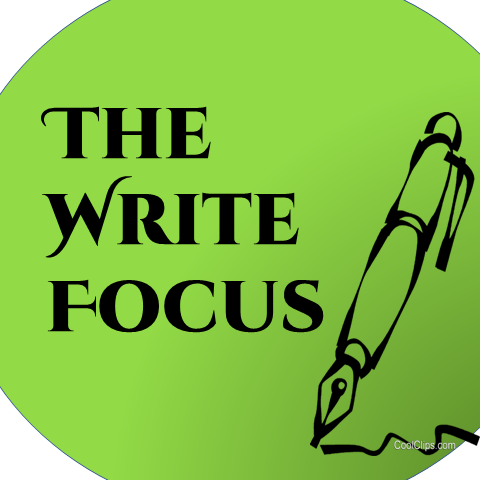
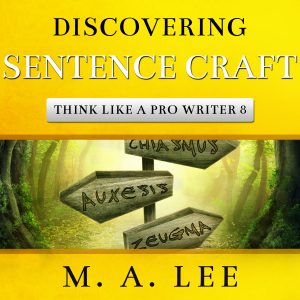
 transition your mindset from a wannabe writer to a pro-writer mindset.
transition your mindset from a wannabe writer to a pro-writer mindset.